Switzerland is best known for high-quality goods like luxury watches, delicious chocolates, pristine nature in the Swiss Alps, and its long-standing neutrality. Combining all that and we get an excellent and always steadily growing economy, great business innovation environment, one of the highest salaries, and very happy society.
Switzerland has the highest positions in: Best places to live, Highest GNI levels, Business Innovations, and many others.
If you are looking for a paradise on our earth, Switzerland comes close to be if not a winner, at least a strong contender for the top position.
On the other hand, all that financial growth comes with a price: very expensive real estate, high food prices and a lot of strict laws and regulations.
Let us explore the pros and cons of living in Switzerland.
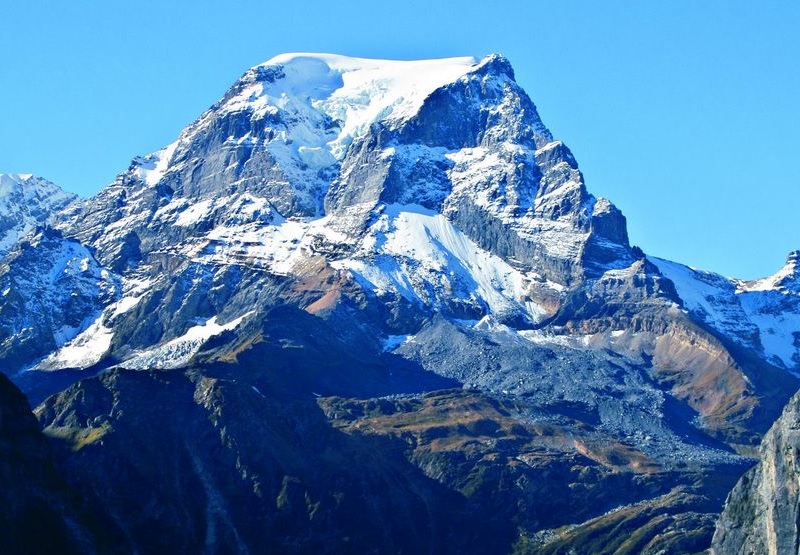
Table of Contents
Pros of living in Switzerland
High salaries in Switzerland
In the list of countries with the highest GDP per capita (nominal) numbers, Switzerland is always in the top 5. Switzerland has a very strong economy and is always associated with the highest quality luxury goods. Luxury watches, banks, chocolate, hotels, the pharma industry, and many other things are the best in Switzerland.
Switzerland has easily the biggest salaries in Switzerland (with exception of mini countries like Monaco or neighbouring Liechtenstein) in Europe and not that many countries in the world come close to the level of salaries of this Alpine country as well.
The average salary in Switzerland is around 4500 euros, but if you are a scientist or an experienced IT specialist, 7000-10000 euros per month is not out of reach. And there are people who earn even more in banking, in the pharma industry and many other places.
Pristine Swiss Alps
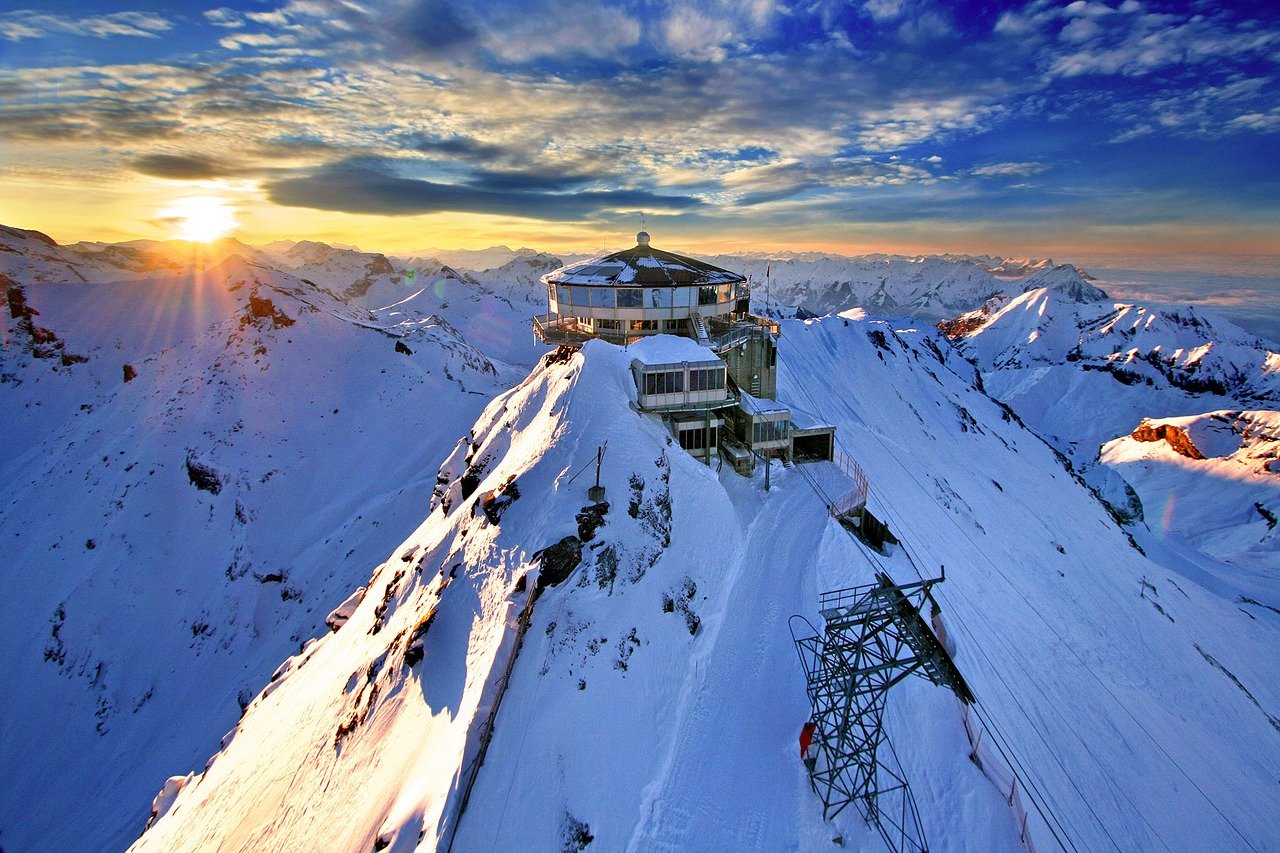
Everyone knows that Switzerland is full of postcard-looking places with white peaks, huge mountains and meadows full of Swiss cows.
The Alps goes right through Switzerland and there you can not only find the best skiing resorts but many beautiful alpine villages, Alps lakes, valleys, extraordinary train rides, hiking routes and many other exciting activities.
You can reach the Alps in an hour or two from any spot in Switzerland with a car or public transport, so it is always close to you and you can easily plan a weekend trip to the Alps any time you want.
It doesn’t matter if you are an experienced mountaineer or just would love to enjoy the views from the mountain station – Swiss Alps are always waiting for you.
The majority of people speak English in Switzerland
Switzerland has even for spoken languages (German, French, Italian and Romansch), but English is pretty much the most known language in Switzerland. If you think that people from Geneva speak French or German to people in Zürich – it is not always the case, and English comes to the help. The citizens of the same country speak English with each other quite often.
The English language is taught in the majority of schools and especially the younger generation has excellent English skills.
A lot of official documents can as well be required in the English language.
You should not have problems in the restaurants, hotels or shops – pretty much everyone speaks english.
Schools and universities
Switzerland has the highest standards of education not only the universities but as well in schools.
Switzerland has some of the top universities which are ranking really high even in the world top university lists: ETH Zürich, the University of Zürich, University of Geneva, EPF Lausanne, University of Basel and others.
You do not get into top positions of the most innovative countries with a lousy workforce. Switzerland is able to prepare top specialists in many fields: from pharma to IT, from finances to biochemistry.
Switzerland is a great place to study and grow professionally.
Clean environment
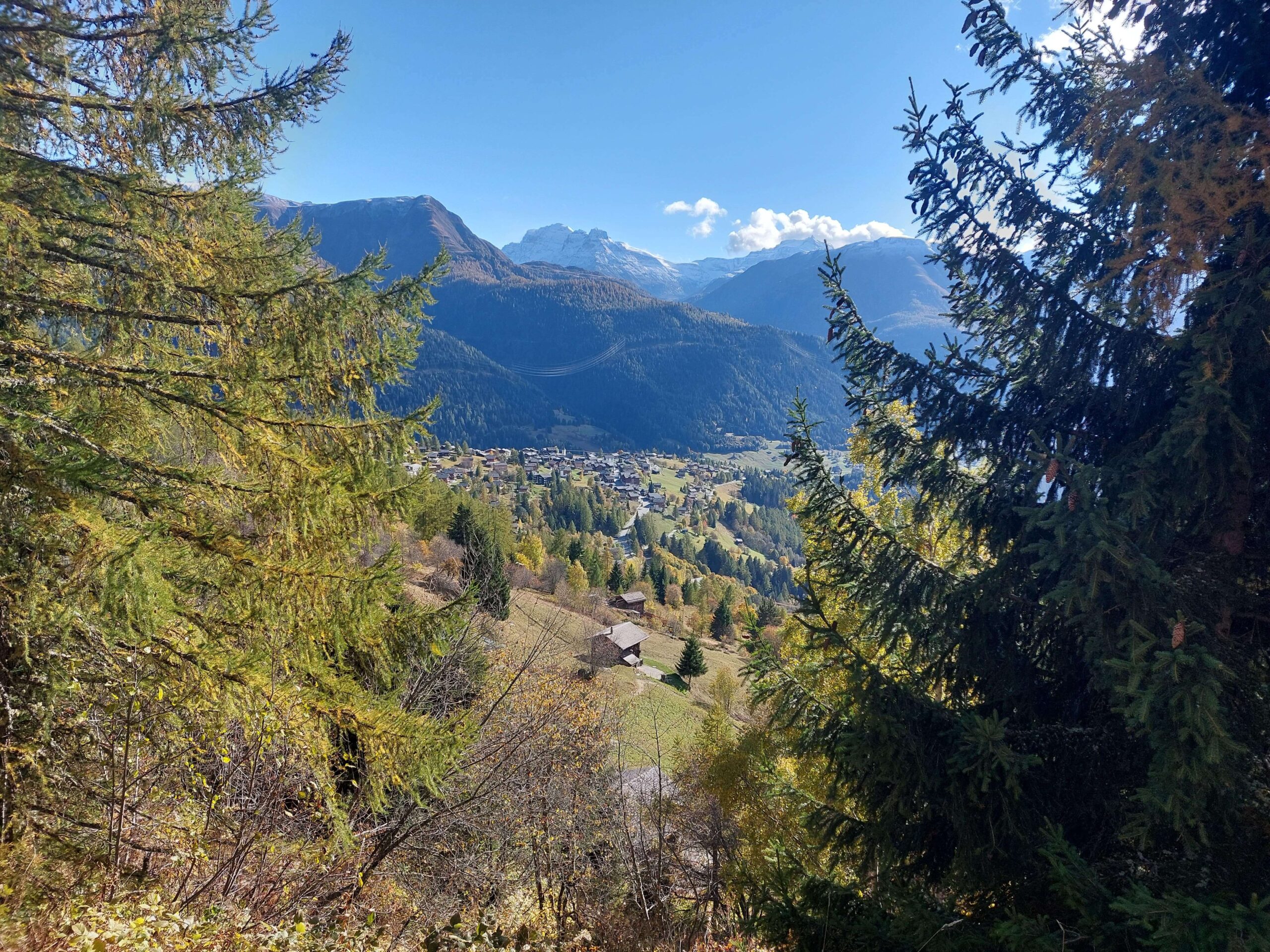
Swiss people love their nature and they really take good care not only of their cleanliness in the mountains but as well in the cities.
I am not kidding you – you will find a very hard time finding some trash in the mountains; the hiking paths are always clean, well maintained and safe.
Most cities have a lot of beautiful parks, huge meadows ready for BBQ or sunbathing and comfortable to stroll river banks.
It is popular to say that you can drink from any lake or river in Switzerland, but I wouldn’t go that far. Some lakes and rivers have boats and another movement, but I personally have drunk many times from mountain rivers, but I would never drink from the Rhein.
Most cities have a lot of public toilets and other facilities, so the streets and small alleys are not full of unnecessary stuff.
Great food in Switzerland
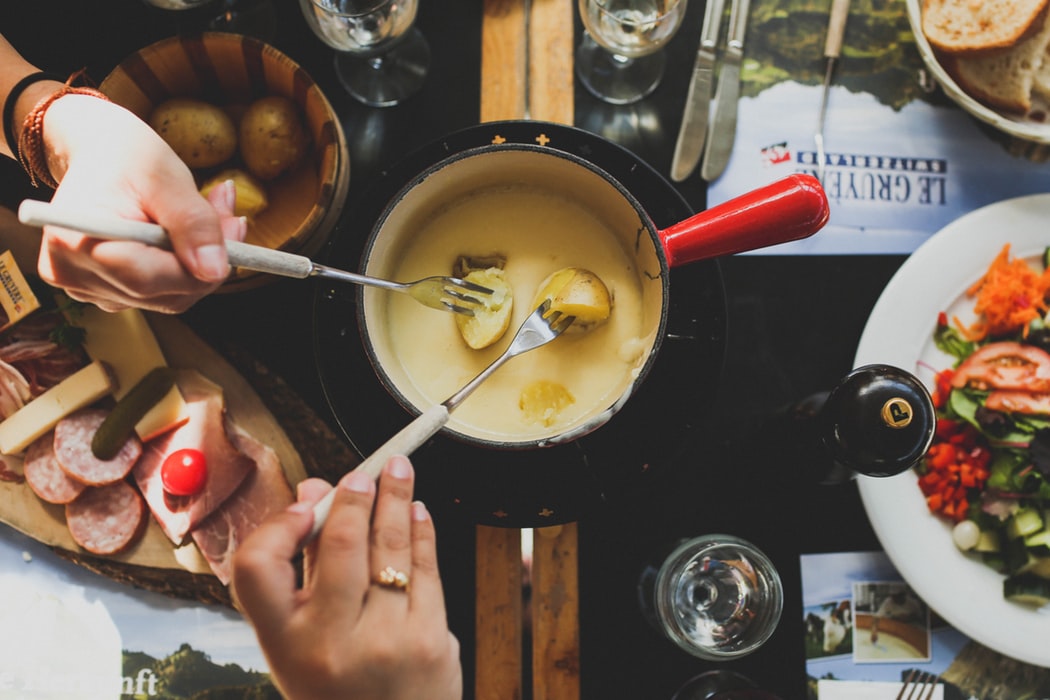
Switzerland is famous for its national food and I myself really enjoy it.
Two of my favorite Swiss foods are fondue and raclette.
Both of these are cheese and they are prepared in different ways. Fondue you heat up in a big bowl and eat with bread or potatoes, raclette is more fried and then you pour it on hot potatoes, cucumbers or onions. DELICIOUS!
There are quite many cheese tours you can try in Switzerland: Cheese in Switzerland.
Another thing is chocolate. In Switzerland, you will find many shops with massive amounts of options. Huge bars, with nuts, white chocolate, black chocolate and many others. Switzerland has a lot of famous Swiss chocolate factories which you can visit and learn more about chocolate production.
Switzerland as well has a lot of local pies (can be known to be from one city or canton) and other dishes. If you are a foodie – Switzerland is a great place to visit.
Unlimited hiking trails
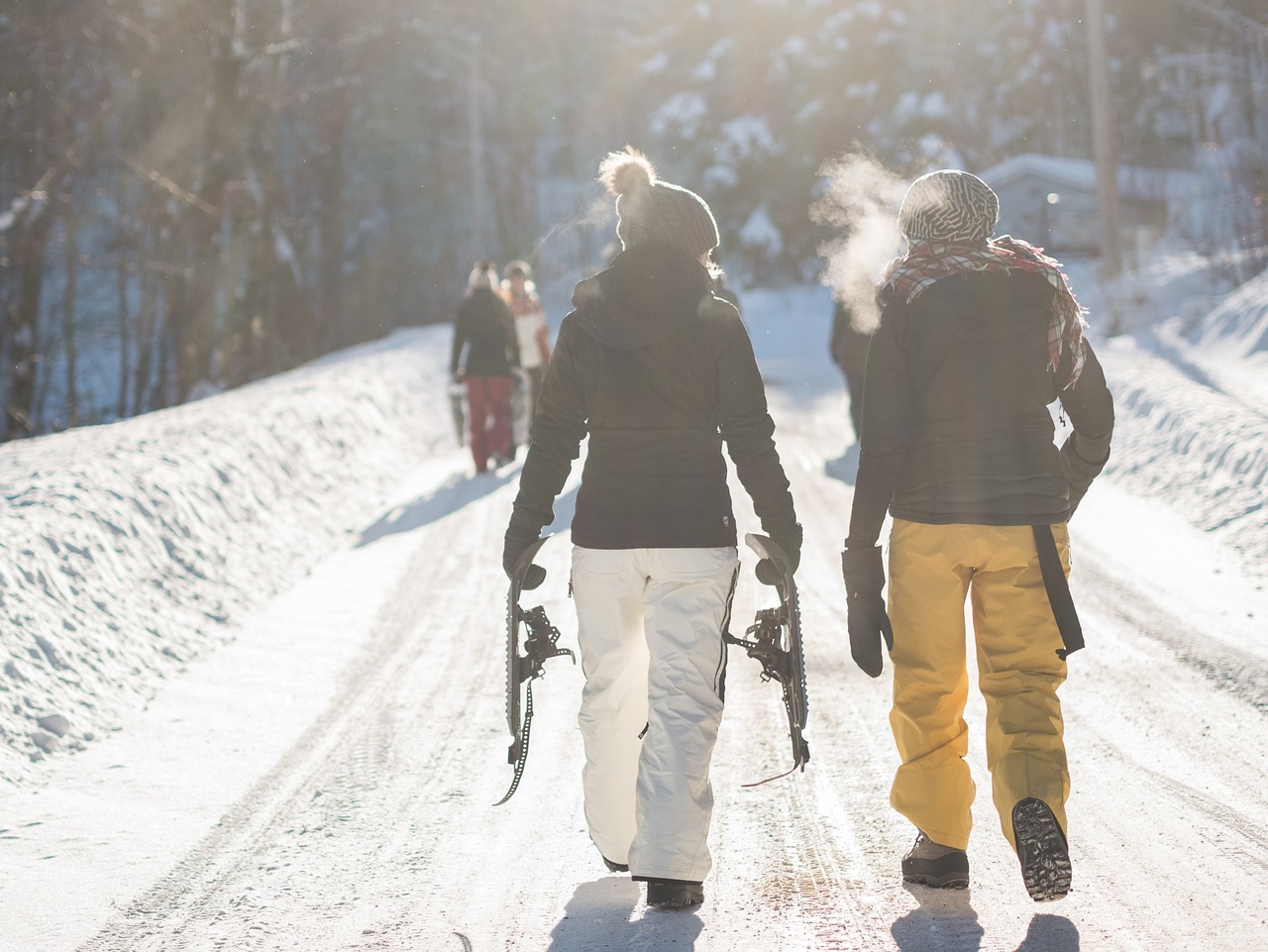
Be ready to hear a crazy number. Switzerland is quite a small country, really, maybe even one of the smallest in Europe. BUT. Switzerland has 65 000 kilometers of hiking trails. 65 thousand!
It would take a lifetime and some more to explore them all.
Switzerland has an excellent hiking infrastructure with well-maintained trails which can lead to peaks above 4000 meters. You can hike everywhere in Switzerland, you do not even must be in the Alps – there are trails in cantons which are in the lower part of Switzerland like Schafhausen or Basel. These hiking trails are very interconnected, so you can basically walk through all of Switzerland if you like so.
In the Alps, you will find many amazing hikes with extraordinary and jaw-dropping views, lakes, peaks, and other attractions. And you will never get bored.
Try some of these hikes:
Great hotels and chalets
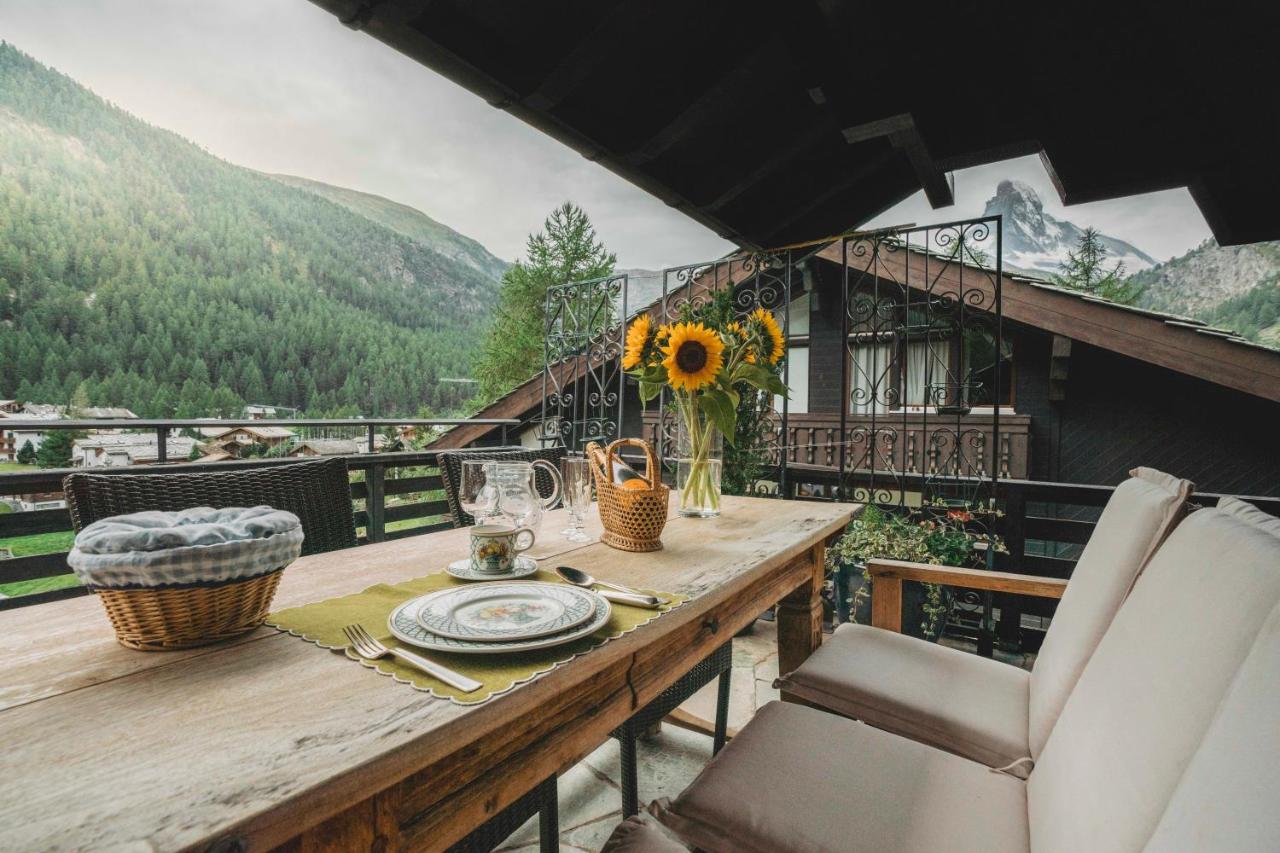
It is very popular in Switzerland to spend a weekend in the Alps and you can find a lot of high-quality hotels in Switzerland.
Some of these hotels are quite famous and offer excellent service with spas, mountain views, and many other benefits.
One of the best ways to spend a holiday in Switzerland with your family or friends: to rent a chalet in the mountains. Just imagine spending Christmas in the Swiss Alps. Ski during the day and then come back to a beautiful chalet, spend an evening by the fireplace with a cocoa cup. That is the dream.
Check out some of the good options here: the best Chalets in Switzerland.
Switzerland is in the middle of Europe
Switzerland is right in the middle of Europe. Germany: next door, Italy: next door, France: next door, Austria: next door, Liechtenstein: next door.
A flight to London? One hour. A flight to Spain: up to two hours.
Fun fact: did you know that actually geographically the center of Europe is in Lithuania, right next to the capital Vilnius?
I personally live in Basel and right from the doors of my home: France is 2.5km, Germany is 4km. Crazy, right?
If you want to travel more, Switzerland is a great location to start. You can reach Italy in a few hours and then head to the seaside. You can explore the Austrian Alps or try french food right next door.
Zürich has a huge airport with many destinations, so if you want to travel further: not a problem.
You can travel to different destinations in Europe by train, by car or by plane very easily and fast.
Excellent public transport in Switzerland
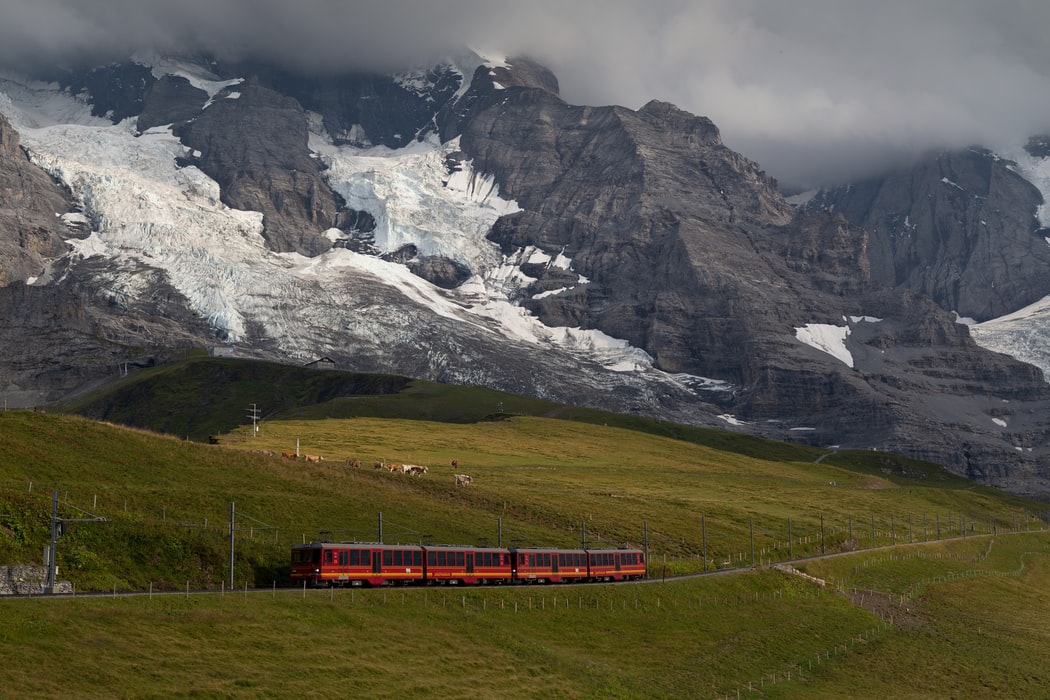
Switzerland has probably the best train network in Europe and is as well one of the best road networks in the world.
Swiss trains not only take you from city to city, but they take you to the Swiss Alps, mountain passes, and many other isolated places. If a train can not take you, the bus connection is established to cover the last mile.
Using the roads, many tunnels, and bridges you will get to enjoy more of Switzerland and the mountain gondolas will provide the last step to the jaw-drapping locations.
Switzerland is really really well connected. Check out the guide on the public system in Switzerland: How to use trains in Switzerland.
In the cities, it is as well very popular to travel by bike and each city has miles and miles of designated bike paths.
Cons of living in Switzerland
The rent is very expensive in Switzerland
On one hand, you have huge salaries in Switzerland, but on the other hand, the rent in Switzerland can be astronomical.
It really depends on where you live, but in the cities, the prices are pretty steep.
In Zürich, 2 room apartment can cost 3000-4000 CHF per month, and the house rent will be even higher.
To save some expenses people rent outside cities, in rural areas, or smaller cities connected to big hubs. It is very popular to live outside Zürich or Geneva in a smaller connection and then commute to your workplace.
Food prices and restaurants

If you think that coffee is expensive in Oslo or Copenhagen, just step to a local Starbucks in Switzerland.
Cappuccino can easily cost you 6 CHF and more. Espresso 4-5 CHF.
Pizza in a restaurant? 20 CHF (there are cheaper takeaway options).
A steak? 30-40 CHF.
Beer in a restaurant (500ml)? 8-10 CHF.
What is really really expensive in Switzerland is meat: you can easily pay 50-80 CHF for a kilogram of meat.
If you are earning an average wage in Switzerland, actually the prices of food won’t really bite you, but in the beginning of your life here, you will be shocked.
It can be hard to integrate in Switzerland
Some people consider Swiss people to be quite unfriendly, but I would not jump to that conclusion.
Well, if you are coming to live in Switzerland as an adult, it is not easy to find friends anywhere. Swiss people will not jump to close friendships in your workplace or after just one meeting in a restaurant. You will have to put effort yourself to find friends here. And do not be surprised if that is going to be a slow process.
Join a local club of your hobby: chess, running, rowing, climbing, hiking, etc. Switzerland has many local clubs where people come together and enjoy the activity. I am myself in a local running club. It is a great place to meet new people.
Even though English is very widely spoken in Switzerland, learning a german language or even a local dialect will improve your chances to integrate much more.
Expensive child care
It is calculated that you need around 500 000 CHF to raise your child till 18 years old.
It is really expensive to raise your children in Switzerland. Right from the start: kindergartens. There are no cheap public kindergartens and most of them are private. Private kindergarten can cost you from 2000 CHF a month. Up till the time your child goes to school, you will spend a substantial amount of money on kindergarten.
Later in life, a lot of activities for your child can as well come with a steep price tag: clothes, food, equipment, activities, hobbies.
A really careful expenses planning is advised once you decide to have a family in Switzerland.
It is not easy to get a work permit in Switzerland
Switzerland has a pretty strict immigration policy and it is a very hot topic here. Quite many referendums were held to decide the future of immigration into the Alpine country, but as it stands now, the only easy way to get a work permit is to get a job beforehand and just then come to Switzerland.
If you are an EU citizen – you can even come to Switzerland and get an L permit and look for a job here for 6 months. But an L permit comes with some caveats: after 3 months you will have to pay the insurance here (around 300 CHF a month) and with an L permit it is not that easy to rent a place.
If you get a job beforehand: you will get a B permit. B permit allows you to live in Switzerland for 5 years (the rent is easier) and after 5 years you can prolong it OR get a C permit. C permit is the last station and the only next step would be to get citizenship.
If you are not an EU citizen: then it gets much more complicated and you will not be able to get an L permit. Quite many people from not EU countries come to Switzerland as partners of Swiss citizens, so they get a permit to live here and then can look for a job. But if you are, let’s say an American, the best way for you is to look for a job online, apply a lot and maybe you will get lucky and get a job. Once you get a job, Switzerland will provide you a permit to live here and you will be able to come here.
Switzerland has a lot of rules and laws
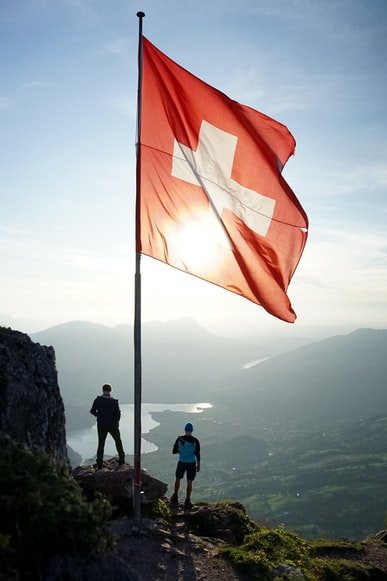
Switzerland is strict and better not to do any monkey business here.
There are quite many stories that some people Overspeed on the highway and lost their work permits.
If you are here on a work permit, better not to do anything illegal, because you can lose your permit immediately.
Be a good guest and you will not get into a problem. But do not be surprised if Swiss people will ask you to respect their rules regarding trash disposal, behavior in the apartment building, on the streets, and so on. Rules apply to everyone, and everyone wants to live in a nice friendly environment.
Learning Swiss German
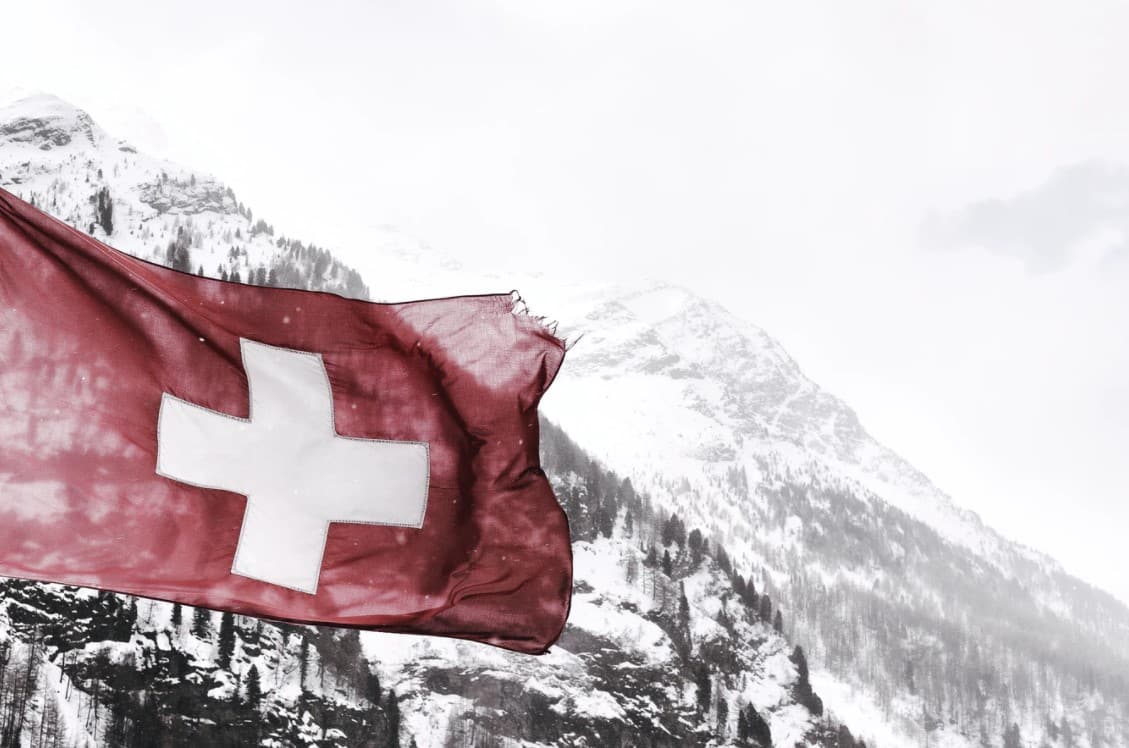
60 percent of the population in Switzerland speak German, but at home or between themselves they always speak a local dialect. There’s Zürich German, Basel German, Sankt Gallen German, and so on.
All of these people speak High German as well, because at school, in the university and as well all official documents are just in High German; so the local will understand immediately that you do not speak the local dialect and switch to High German.
If you speak High German, do not be surprised if you do not understand what they tell you (not even a word), just kindly say (I always do that): Hochdeutsch, bitte.
Still, for full integration, I think it is great to learn the local dialect, but that can be hard. They pronounce many words very differently, they have some completely different words and the grammar is different. It is still german, but totally different.
I can understand german radio, read newspapers and speak with german people, but sometimes I understand completely nothing when Swiss people talk between themselves. It can be frustrating and it can take a lot of time to learn.

